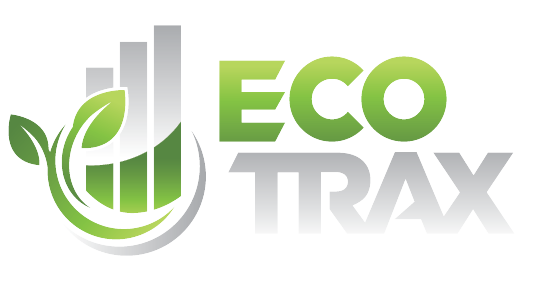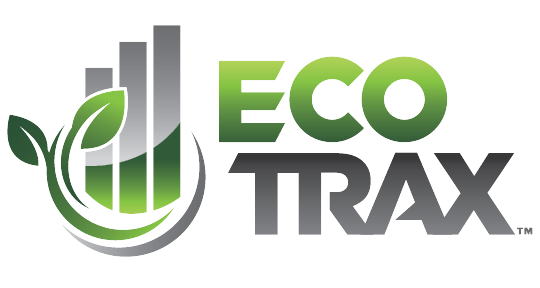In today’s environmentally conscious world, the terms “biodegradable” and “compostable” are often used interchangeably, especially when referring to bags used to dispose of organic waste. However, understanding the distinct differences between these two types of bags is crucial, especially in the context of California’s SB-1383 regulation. This post aims to demystify these terms and explain why compostable bags comply with SB-1383 while biodegradable bags do not.
Biodegradable Bags: What Does It Mean?
Biodegradable bags are made from materials that can eventually break down into natural elements, typically under the influence of microorganisms such as bacteria and fungi. The key factor here is the “eventually” part – there is no specified time frame for the decomposition process, and it can vary greatly depending on environmental conditions. Biodegradable materials can degrade under a variety of conditions, including both aerobic (with oxygen) and anaerobic (without oxygen) environments.
However, this variability in decomposition time and conditions can be problematic. Some biodegradable bags might degrade quickly in an ideal setting, but in less favorable conditions, they can persist for years, behaving much like traditional plastic. This lack of predictability is a significant issue when considering the environmental impact of these bags.
Compostable Bags: A Step Further
Compostable bags, on the other hand, are designed to decompose within a specific time frame under composting conditions. These conditions are typically defined as a controlled setting with the presence of sufficient moisture, warmth, and aeration. Compostable materials must break down into carbon dioxide, water, inorganic compounds, and biomass at a rate consistent with other known compostable materials, leaving no toxic residue behind.
The most crucial aspect of compostable bags is that they must meet specific scientific standards to be certified as compostable. In the U.S., this certification is often given by the Biodegradable Products Institute (BPI), ensuring that the bags can decompose in a municipal or industrial composting facility within about 90 days.
California’s SB-1383 and Compostable Bags
California’s legislation, SB-1383, aims to reduce organic waste in landfills, a significant source of methane, a potent greenhouse gas. Under this law, the use of compostable bags for the disposal of organic waste is encouraged. The rationale behind this is clear: compostable bags not only break down within a predictable time frame in composting facilities but also support the state’s broader goals of organic waste reduction and methane emission control.
Biodegradable bags, despite their environmentally friendly appeal, do not comply with SB-1383 for several reasons. Their unpredictable degradation time and varying conditions under which they decompose make them unsuitable for streamlined organic waste processing. Since they might not degrade effectively in industrial composting settings, they risk contaminating the composting stream.
Choosing the Right Bag
For consumers and businesses in California, and indeed those interested in sustainable practices everywhere, the choice between biodegradable and compostable bags should be informed by these considerations. While biodegradable bags might seem eco-friendly, their lack of standardization and unpredictability make them less desirable. Compostable bags, with their stringent certification and compliance with state regulations like SB-1383, offer a more reliable and environmentally responsible option for the disposal of organic waste.
So, while both biodegradable and compostable bags aim to address environmental concerns, their differences are significant, especially in the context of organic waste management and legal compliance. Understanding these distinctions is essential for making responsible choices that align with both environmental goals and regulatory requirements.
About EcoTrax
EcoTrax is a technology-enabled supply chain solutions company focusing on a mission-critical yet under-resourced area of supply chains – the recyclables, reusables, and waste produced by distribution centers. Our purpose-built platform and team of industry experts deliver solutions that increase the value and sustainability performance of recyclables (pallets, OCC bales, plastics, food waste) while simplifying and modernizing the management of returnable containers (totes, pooled pallets, etc.). We digitally integrate and synchronize all internal stakeholders and external partners and automate workflow through a single platform. This single point of truth reveals real-time, actionable data and insights, reducing environmental impact while improving fiscal performance.


